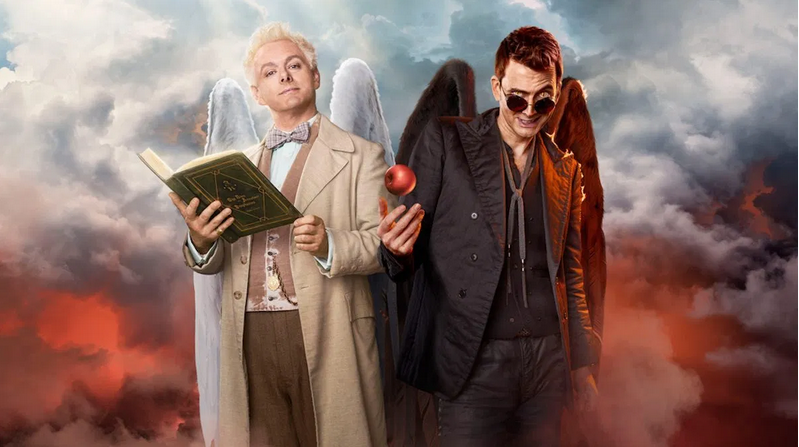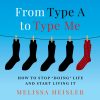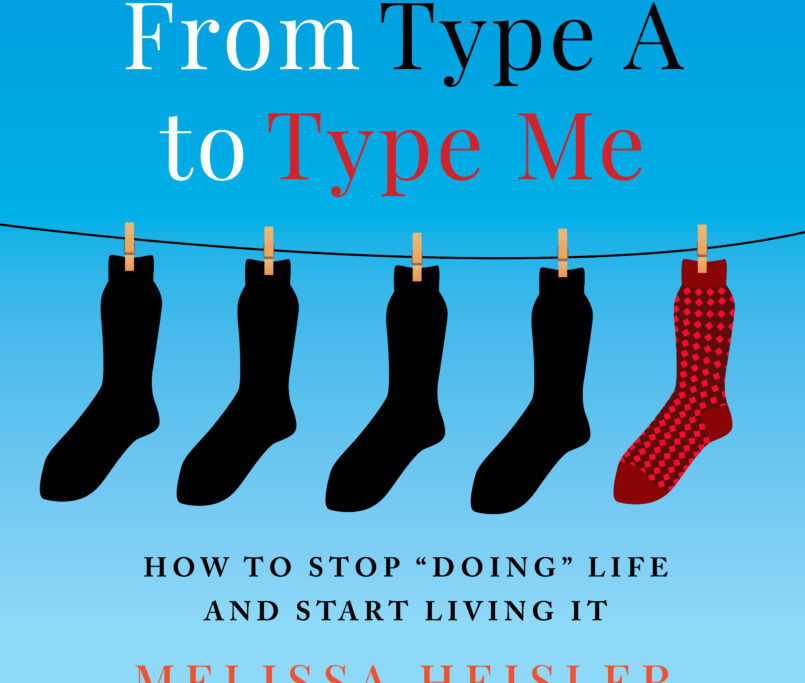Accepting Humanity
My friend and talented author, Nan, introduced me to the Good Omens series based on the book by Neil Gaiman and Terry Pratchett. The video series has been my go-to escape during The Big Time Out we have all been given. It is funny, brilliant, and very insightful.
One of the main lessons I learned through the Good Omens series is that we are neither inherently good or bad, we are just human. We have days where we can act like perfect angels. We have other days where we make choices, say things, or act in a way that is purely demonic. In truth, however, we are neither good nor bad. We are just human. This concept has helped me accept myself, and others, at a deeper level than I had been able to before.
Most of my life, I tried to be that angel. Acting perfectly. Striving for more. Looking for recognition. And I completely ignored where I was a demon. Saying the wrong things to the wrong people at the wrong time. Allowing my own fears to self-sabotage my dreams. Attacking others to keep from falling into my own insecurities. Until recently, I thought one day I could be all angel. Now I have come to accept that I will always be part angel and part demon. This acceptance helps me feel so much more comfortable in my own skin. I embrace and accept my full humanity.

This acceptance of myself, has also helped me accept others. What if I met you on one of your demon days? Is it fair to think that how you acted on your worst day, is who you are all the time? Or what about the times when all we see of someone is angel and then are devastated to see their dark side? No one is perfect all the time in all ways. Having unrealistically high expectations for another – or ourselves, only leads to disappointment.
In a snippet of talk by Ram Dass, he adds another facet to the idea of self-acceptance. Ram Dass responded to the question “how do we love ourselves more”, with an answer of “why we need to accept ourselves fully”. Ram Dass was pointing out what I do so well, judge. I judge myself. I judge others. I judge the actions of society as a whole. But judging does more harm than good. Judging separates us. It is natural to notice our differences, but to attack or demean another, or our ourselves, because of the difference leads to separation and hate.
What is interesting to explore is what we are using to judge. Who sets the rules and the measuring stick? When I was younger, I judged myself against the super-skinny models of the 1970’s, to which I would always lose. As I changed careers, I judged myself against others’ success and notoriety. I have even judged myself against others’ spiritual depth. In all these instances, I had to first decide by which scale to judge myself and other people.
Ram Dass gives a nice example of when someone is in a forest, they just enjoy the trees. Unless they are a lumberjack and have a scale to judge trees, the forest walker only sees the beauty of the forest as a whole or the uniqueness of a single tree. The person does not judge each tree as too crooked or too short. They just are. Which begs the question, why do we judge ourselves and others? Why can’t we accept ourselves and others as we are? Why do we feel we should and have the right to judge ourselves and those around us? Are we not just trees in the forest of humanity? By judging ourselves and others we are missing out on the absolute beauty and peace of acceptance and understanding.
What scale do you judge yourself and others by? Where did you learn and agree to that scale? How do you feel when you judge? Self-righteous, better-than, superior or fearful, lacking, and victimized? How would your experience and life change if you no longer judged, and just accepted people as they were?




